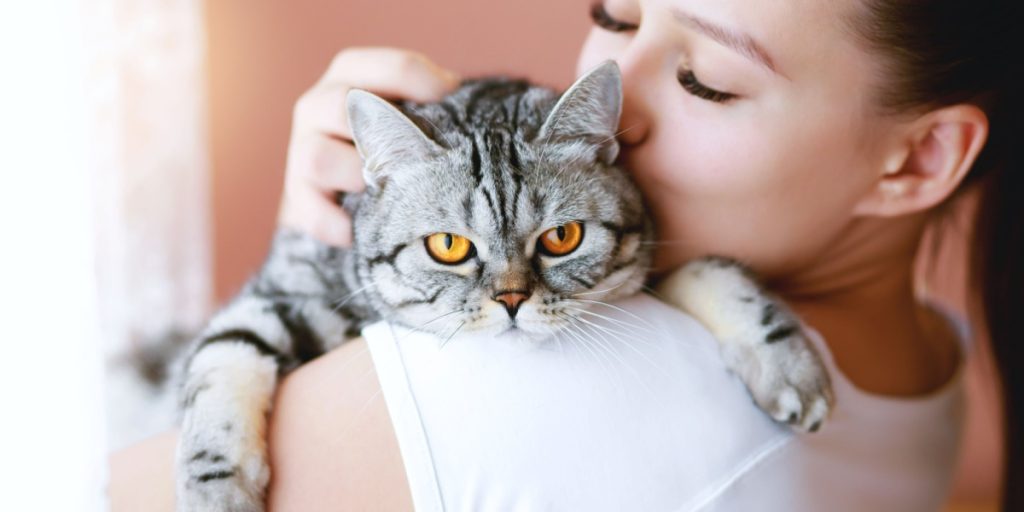A new study reveals the lifespans of different cat breeds, highlighting which ones live the longest.
Others are reading now
A massive study of nearly 8,000 cats in the UK has shed light on the life expectancies of different cat breeds, revealing that Birman and Burmese cats typically live the longest, while Sphynx cats have the shortest lifespans.
Published on May 7 in the Journal of Feline Medicine and Surgery, the study analyzed pet cat mortality data from January 2019 through March 2021.
Longevity in Cat Breeds
According to the research, Burmese and Birman cats have the longest average life expectancies among popular pet cat breeds, each averaging 14.4 years. In contrast, Sphynx cats, known for their distinctive appearance and lack of fur, average only 6.7 years.
This disparity is partly attributed to genetic predispositions to health issues such as heart conditions.
Also read
The study also explored other factors influencing a cat’s lifespan. For instance, female cats tend to live about 1.3 years longer than their male counterparts, and cats that are spayed or neutered typically outlive those that are not by approximately 1.1 years.
Cultural habits, such as whether cats are kept indoors or allowed outside, also play a significant role in life expectancy. However, these factors are harder to measure due to a lack of consistent data on cats’ outdoor activities.
Using Data for Better Cat Care
To provide a more nuanced understanding of cat longevity, researchers developed “life tables” that estimate a cat’s average remaining life expectancy at any given age, excluding those cats that died before reaching that age.
This tool aims to help cat owners and veterinarians make more informed decisions about their pets’ care, from adoption to medical treatments and even euthanasia.
The findings have not only provided insights for scientific and practical purposes but have also resonated emotionally with cat owners. The sharing of the study’s results on social media prompted many to reflect on the preciousness of time with their pets.
“A lot of people were saying, ‘The time is so short. I need to treat my cats better, or to treasure the time that we have,'” said Kendy Teng, a co-author of the study, in an interview with Live Science.
“It helps the pet owner to cherish the time and their connection and relationship.”








